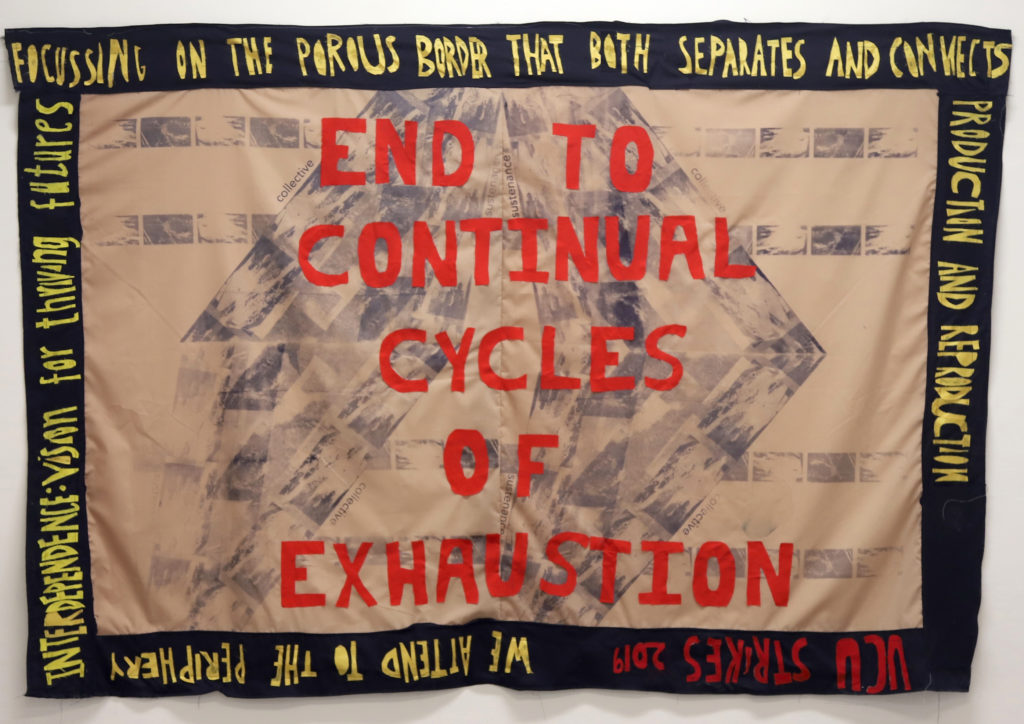
Kneed: Ishwari Bhalerao & Leonie Rousham
01 August 2020
October Residency: Mapping Collective Sustenance
Ishwari and Leonie are a collaborative duo. They run a resource called Kneed, through which they are learning how to work collectively, sustainably and with accountability as cultural workers; resisting cultures of individualism and exhaustion under neoliberalism.
Their artistic practice looks at the historical and political resonance of landscapes, sites and languages. Through walking, they explore the violence held within British sites, culminating in text, moving-image, darkroom processes and installation.
Website: kneed.co.uk
Instagram: @_kneed_ , @ish.wari , @leo.rousham
WFH Residency with Artsquest : https://www.artquest.org.uk/
Project Summary
‘We are simply living collaboratively’, as Fred Moten and Wu Tsang would say.
We, Ishwari Bhalerao and Leonie Rousham, are currently working on a resource called Kneed. Through this, we are learning about ways in which artists, writers, cultural workers have been sustaining resources like time, spaces and systems of care, in resistance to and/or refusal of institutions and the state that has continually failed to provide for us.
To continue this research during this month and beyond, we are using walking, mapping, sensing, reading and conversations, to explore the ways in which various artists/cultural workers/organisations have cultivated and shared non-monetary resources with each other in order to help one another sustain themselves. In doing so we will also question what our desires, aspirations and motivations are for the work we continue to make.
Throughout and alongside this, we are also asking ourselves and exploring what we and other people imagine the alternative future we are working towards looks, smells, sounds and feels like, using, and adding to this collective mapping.
We hope that we can use this process to help us imagine together- ‘contributing to a mode of thinking that does not capitulate to the realism of the present.’ (Jackie Wang, Carceral Capitalism)
Mapping
Voice Notes
Read the transcript: Leonie Rousham
Read the transcript: Ishwari Bhalerao
Read the transcript: Ishwari Bhalerao
Reading List
This is a list of things we have watched, read, listened to, that has influenced our thinking for and during this residency.
https://www.plutobooks.com/blog/podcast-feminism-interrupted/
From 53.00 to 57.00
Lola Olufemi:
“I want to ask you individually, what your relation to futurity is, and refusing to capitulate imaginative potential might help us get there? So refusing these liberal frames, refusing to be satisfied with the state, or be satisfied with a particular organisation or social life etc. How that relates to the future you’re envisioning, and what words, feelings, emotions, reflections come up for you when you think about the future? … I always like to ask people what are you doing? What’s the first thing you’re doing in that place?”
“I think I would make lots of art. I would write loads, have lots of dinner parties, and just be you know, around people. And have community.”
Dr Gail Lewis:
“I find it very helpful, although it’s deep. That notion again of Campt, that futurity is what we have to do now for … (dot dot dot). That’s the future, it’s what we have to do now. And that’s good for me as it makes me think that yes that was our practice then. But now, in my old age, I still need to be doing stuff. So in whatever ways I do stuff. So it’s really important because it’s… (dot dot dot) what we need to do now, to make something happen. It’s not a moral responsibility. It’s an ethical responsibility, by which I mean, a responsibility to the forms of sociality. A vision of how we might be related to each other in the future.”
“And for me, in that future, while you’re having parties and writing, I will be swimming. I’ll be swimming in the blue blue ocean. My swimming in the blue blue ocean would be such, that my body, and your body, and the bodies of everybody around us, would be totally unintelligible, in terms of the normativities that make them intelligible now. That there would be no sense to gender, and race and racism, and sexuality, and all those things as positionalities, as identities, as subjectivities, they would be unintelligible. Now i know that is a speculation. Beyond our horizons. But that is what i think the project is. To make it unintelligible. And i’ll swim in the ocean.”
Listened to this podcast during the first few weeks of lockdown. Dr Gail Lewis’s answer to this question has stuck with me ever since. To be able to work towards an alternative future, I had never before given thought what this future would feel like, in my body. It is another thing to imagine a ‘liberated future’, but how compelling is this imagination if it isn’t wide enough to imagine the embodied feelings of this liberated future?
Although at this point, this kind of imagination feels difficult, to say the least – for me and for people I have been speaking to. To have this question, and to answer it in bits and pieces here and there, even the possibility that there is, at any given point the space to imagine what my body feels, smells, hears, touches in this liberated future, is like a totem, a screw I once picked up and put in my jacket pocket and knowing it’s there for me when i need to fidget and feel something.
Scene from Manto, which I speak about in my second voice recording.
This state of being indebted to people, places, things and other phenomena, (a kind of debt that cannot be ‘paid off’, but can only be ‘paid forward’, which I first came across when reading the debt bit in the Undercommons), stays with me, while thinking about the sharing and non-monetary exchange of resources. The exchange might not be mutual, the exchange is not about equality, but the exchange is part of a larger chain that perhaps follows the principles of equity inherently but needs no superficial accountability to hold true. All the things we are going to forever remain indebted to, which do not expect returns, where it’s not possible to return. Being indebted to someone in that way might be a way of imagining a future, where we are indebted to each other and we acknowledge this specific indebtedness, where the indebtedness is the principle on which we function and allow other people to become indebted to us to continue the cycle.
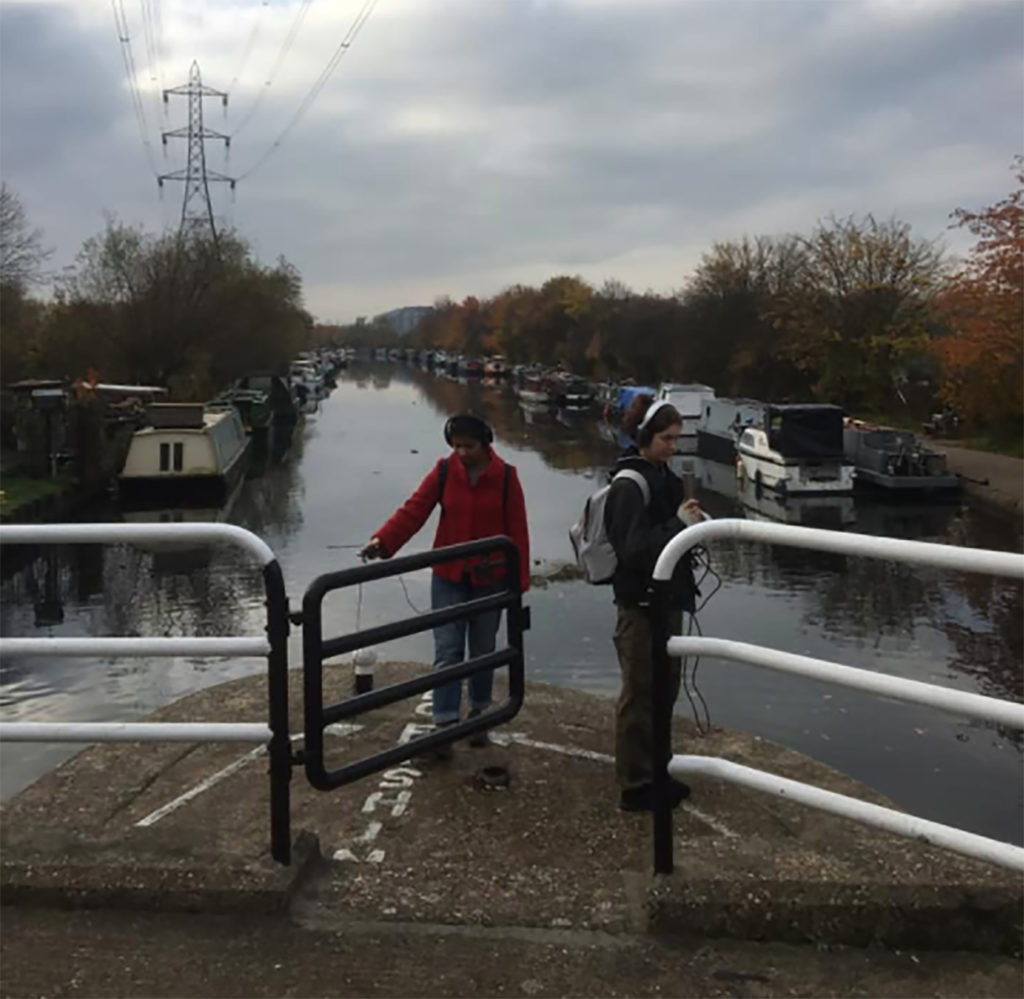
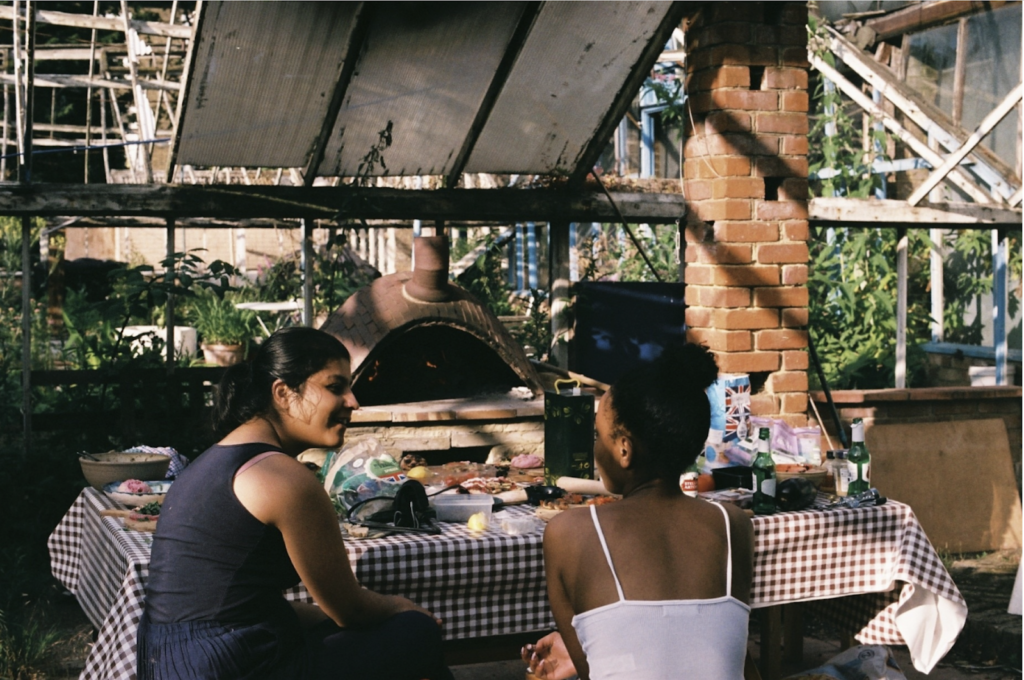

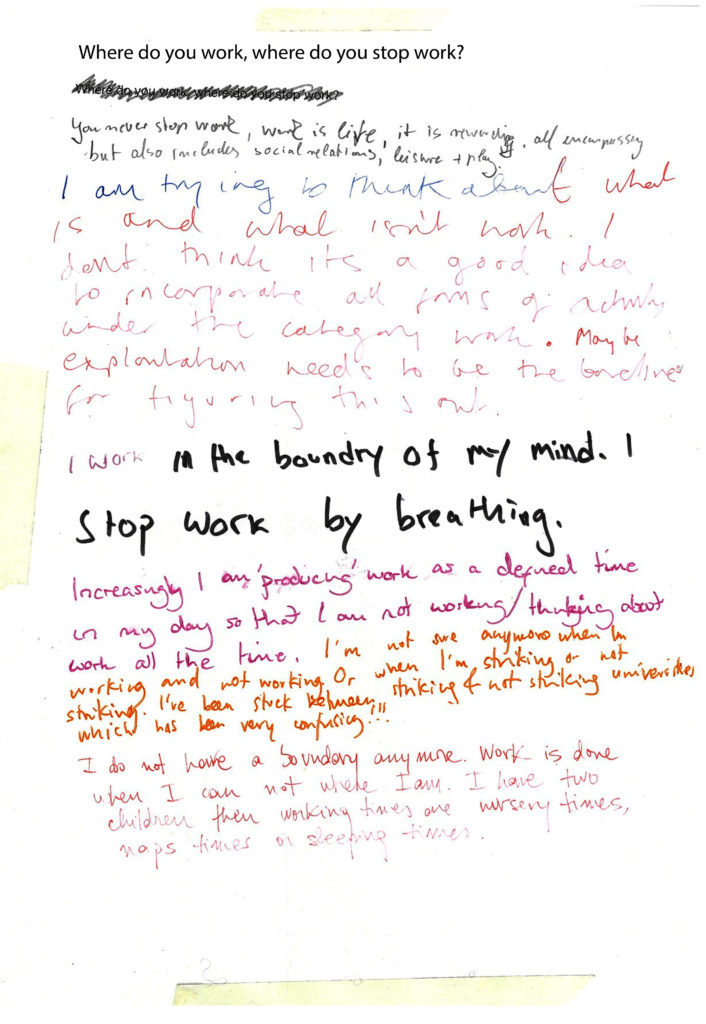

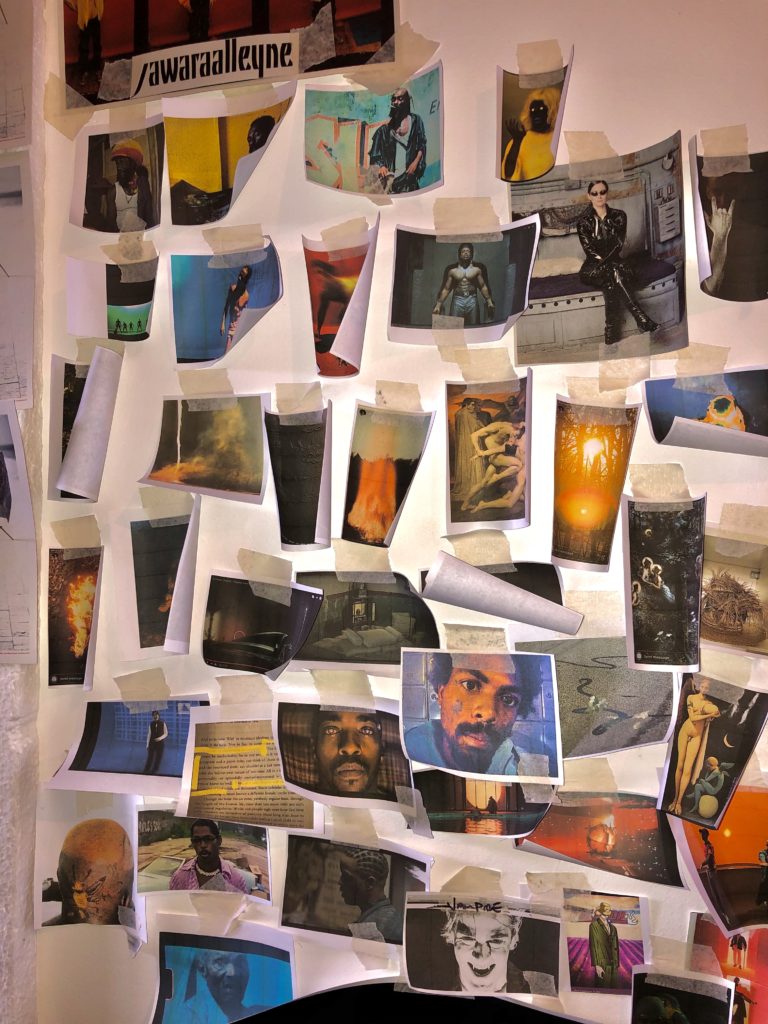
The Mysticism of Being -Jawara Alleyne
As someone who’s creative identity and sense of self has been shaped by three very different physical landscapes, I was…
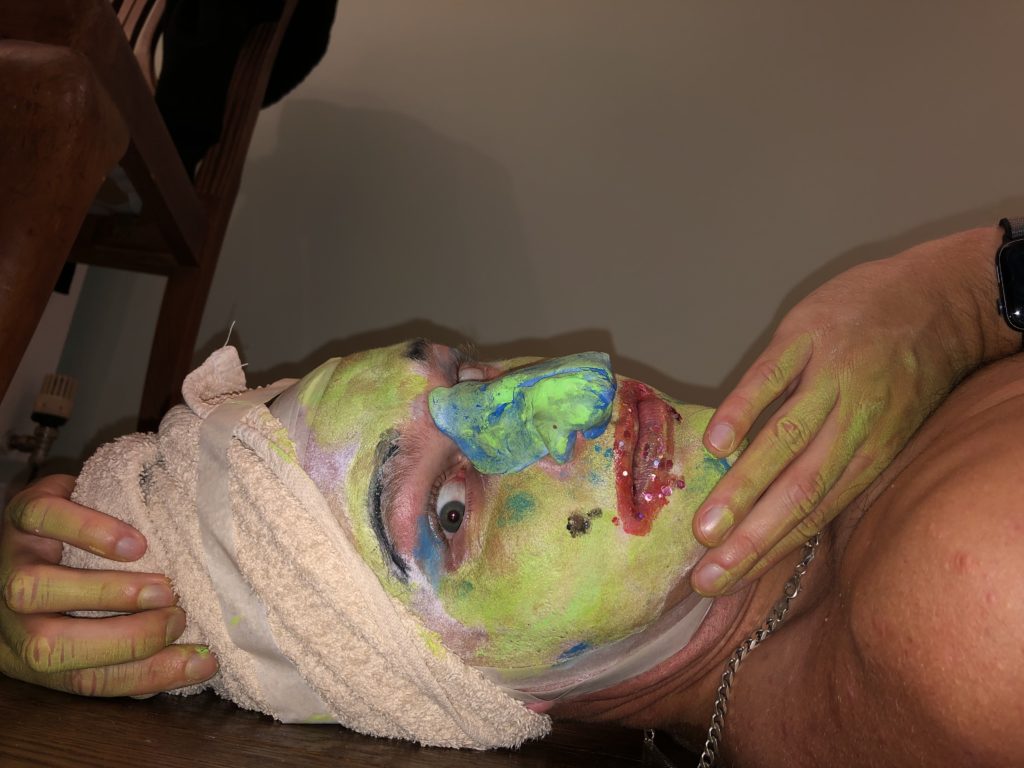
Green monster men as queer sex icons
I’ve never seen such lovely big courgettes https://deptfordx.wpengine.com/wp-content/uploads/2020/09/09-jhill-week2-.mp4 https://deptfordx.wpengine.com/wp-content/uploads/2020/09/10-jhill-week2.mp4
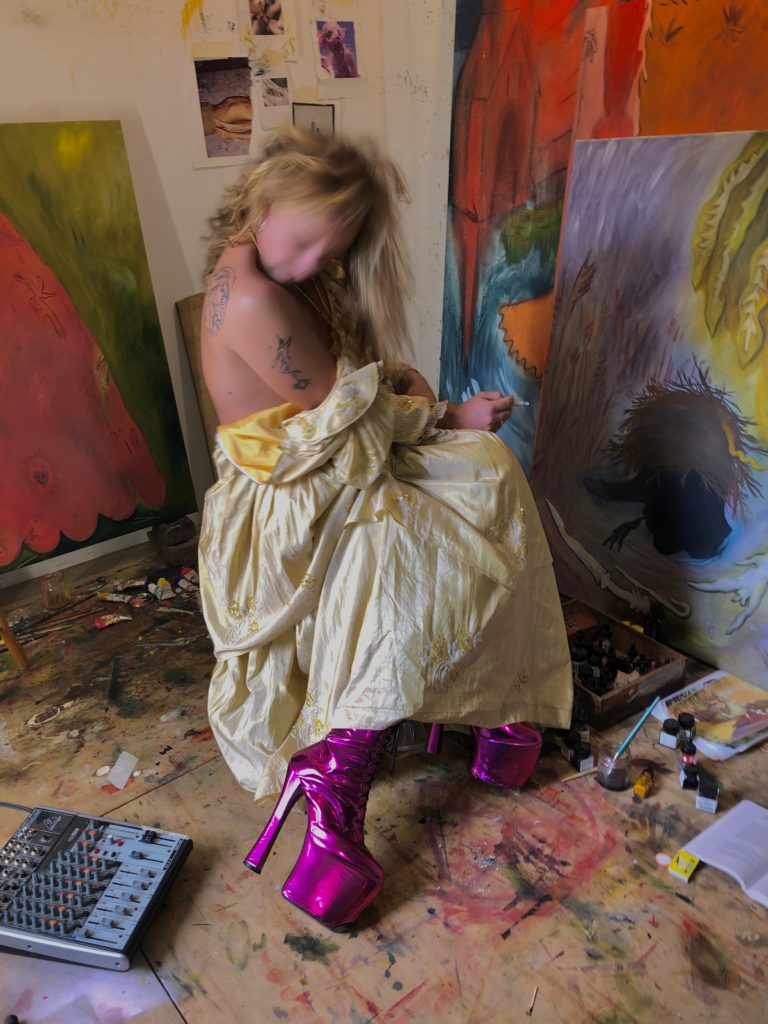
Only Gay in the Village
Only Gay in the Village – Wolfie Wright Wolfie Wright is an artist and gardener, who now lives in East…
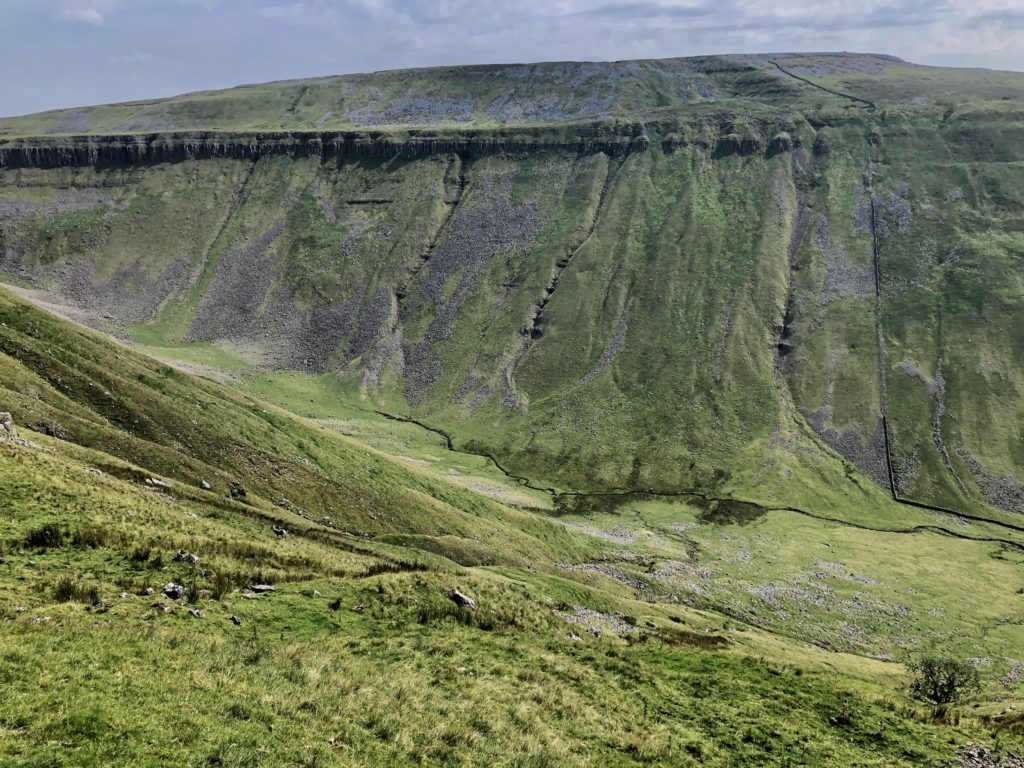
Foreword
In considering how to be together again, I ask what it means to establish your identity in and occupy spaces…